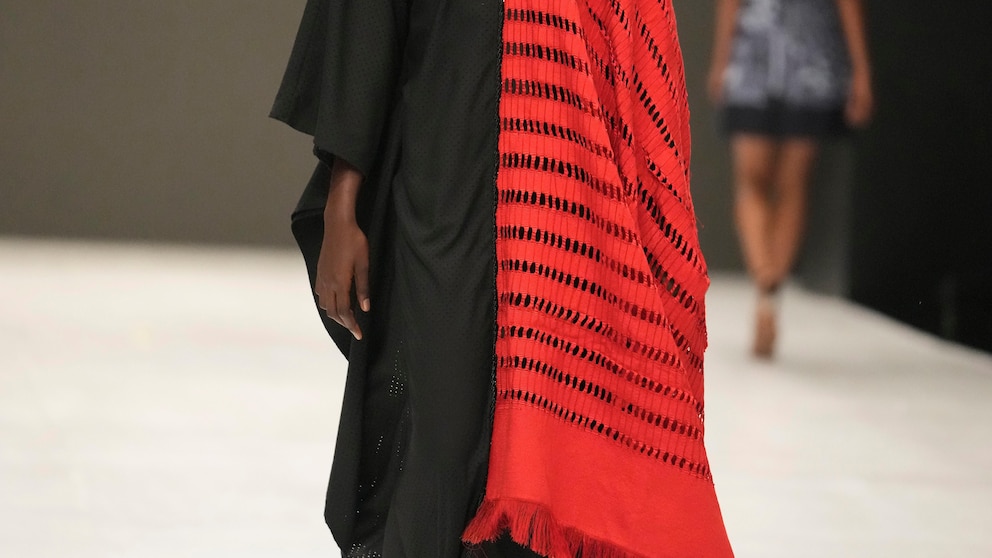In recent years, Africa’s fashion industry has experienced significant growth, catching the attention of global markets. According to a report by the United Nations Educational, Scientific and Cultural Organization (UNESCO), the continent’s fashion industry is expanding rapidly to meet the increasing global demands for African-inspired designs and styles.
Africa has long been known for its vibrant and diverse culture, which is reflected in its fashion. Traditional African textiles, such as Ankara, Kente, and Adire, have gained international recognition for their unique patterns and colors. These fabrics have become popular not only within Africa but also among fashion enthusiasts worldwide.
The UNESCO report highlights that Africa’s fashion industry has been boosted by a combination of factors, including increased access to technology and social media platforms. With the rise of e-commerce and social media influencers, African designers can now showcase their creations to a global audience more easily than ever before. This exposure has led to a surge in demand for African fashion, with consumers seeking out authentic and culturally rich designs.
Moreover, the report emphasizes that Africa’s fashion industry is not only meeting global demands but also driving economic growth on the continent. The sector has become a significant contributor to job creation and poverty reduction. Small-scale artisans and craftsmen are benefiting from the increased demand for traditional textiles, as they are able to sell their products both locally and internationally. This has provided them with a sustainable source of income and improved their livelihoods.
Furthermore, the report highlights the importance of sustainability in Africa’s fashion industry. Many designers are embracing eco-friendly practices by using organic materials and implementing ethical production processes. This commitment to sustainability has resonated with consumers who are increasingly conscious of the environmental impact of the fashion industry. As a result, African fashion brands are gaining recognition for their ethical practices, further enhancing their appeal in global markets.
However, despite the positive growth and potential of Africa’s fashion industry, challenges still exist. Limited access to finance and infrastructure, as well as inadequate intellectual property protection, hinder the industry’s full potential. The UNESCO report emphasizes the need for governments and stakeholders to invest in the sector, providing support and resources to African designers and artisans.
In conclusion, Africa’s fashion industry is experiencing remarkable growth, driven by increased global demand for African-inspired designs and styles. The sector not only contributes to economic growth but also promotes cultural diversity and sustainability. With the right investments and support, Africa’s fashion industry has the potential to become a major player in the global fashion market, further enhancing the continent’s cultural and economic significance.



